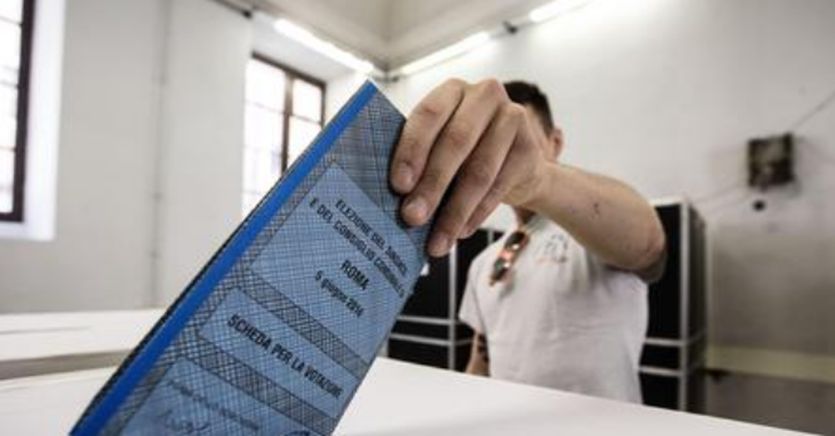Local elections are a men’s business. At least in three quarters of cases, to observe the metrics that emerge on the social conversations of these last pre-election days. The trend does not concern only the pre-vote week but also characterizes the previous surveys. This is what emerges from the survey carried out using the Medi monitoring technologies developed by Volocom, thanks to the partnership with BlogMeter, on a database of 4 thousand information sources and 2 billion content from social networks. On Sunday and Monday the voters of 796 Italian municipalities in 17 regions will go to vote, of which 28 provincial capitals, as well as obviously called to express their opinion on the five referendum questions.
Facebook above all
The survey shows that Facebook is the most used platform for discussions relating to the next administrative, with 80% of posts; with an interesting exception in Friuli Venezia-Giulia, where the interesting percentage of discussions on YouTube stands out (23%). In Tuscany, Lazio as in Sicily, women’s interest in voting on Sunday is very limited: the 18% in the first and second regions, 26% in the third. In Piedmont we rise to 34% while in Puglia 40% of the posts are by women; in this context, Veneto is an exception, where the discussion that sees men prevail on social networks is very slightly higher than women, roughly replicating the demographic composition of the region.
The Sicily case
Worth noting is the growing interest in voting in Sicily, where the leaders of the Region with autonomous statute are renewed, with an increase in posts of more than 10% compared to the previous week. On the other hand, interest has been falling in Lombardy these days (about -20%) ahead of Tuscany, which sees the discussion on social networks on the elections grow with an increase of 27 compared to the previous week. Also in terms of engagement, Sicily shows greater effervescence in view of the vote on 12 June, with over 123 thousand interactions generated, Veneto in second place with 40 thousand, ahead of Tuscany with 25 thousand.
Gender inequality
The gender disparity in social conversations relating to the next administrative offices somehow reflects the percentage of female candidates: the numbers say that for every woman candidate for mayor there are 4 male candidates, with the Piacenza case, the only capital in which they compete for the seat of two women mayor. On the other hand, of the 26 cities in the vote, only two are currently governed by women. The low political representation of women is difficult to scratch: Italy is the European country in which female representation in politics has grown the most: in Parliament, women are 35% against an EU average of 32.8%. There are also few party leaders: across Europe they are 26%, with levels close to parity in Sweden and Finland. Unique in Italy Giorgia Meloni. But at the local administration level, according to what was reported by the Anci, an association of Italian municipalities, in 2019 there were 1065 mayors out of 7904. And at the European level our country is in 14th place out of 27 positions in the ranking for gender equality.
